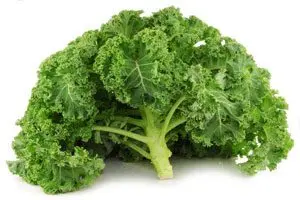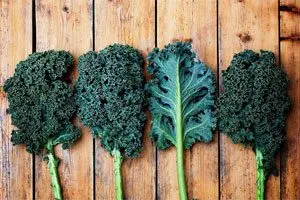The benefits of green leafy lettuce leave no one in doubt. In general, this is how it is. The danger to humans is pesticides that enter it during the cultivation process. This applies primarily to kale.
Why are the found pesticides dangerous for humans?

The US Environmental Working Group conducted an analysis that found that the studied samples of kale contained traces of at least 5 pesticides. Before sampling, the plant was thoroughly washed. At least 90 pesticides were found in 2% of kale, and 18 in the most contaminated of them! [1]
Only those plants that grew in America were analyzed. However, there is reason to suspect that a similar situation will be observed in other countries of the world. The list of dangerous foods includes strawberries and spinach.
Scientists do not undertake to draw specific conclusions. However, they indicate that some pesticides increase the risk of cancer, diabetes, autism, and attention deficit hyperactivity disorder in children. [2].
Kale was blacklisted due to the fact that DCPA herbicides were found in 60% of the samples. This chemical has been used to control weeds since the 50s. It is a potential carcinogen. Rodents fed foods containing DCPA were found to be more likely to develop thyroid and liver cancer.
In addition, insecticides (bifenthrin and cypermethrin) were found in 30% of cabbage samples. They are also potential carcinogens. Their ingestion leads to headaches, nausea and neurological diseases.
Can you eat kale?

After learning about these results, many people may stop eating kale altogether. Scientists say that it is necessary to include it in the diet. A negative effect on the body will be provided only when a person eats greens in large quantities and constantly. In addition, mice participated in the experiment with terrifying results. Therefore, it cannot be unequivocally stated that the human body will suffer in a similar way.
To a greater extent, people who are engaged in the cultivation of these vegetables and are constantly in contact with pesticides are at risk.
It should be noted that kale contains 200% of the daily requirement of vitamin A and 700% of the daily requirement of vitamin K. It is rich in ascorbic acid, potassium, calcium and B vitamins. Therefore, you can and should eat it. However, before eating, the vegetable must be thoroughly washed. This will be enough for the product to benefit the body, not harm.









